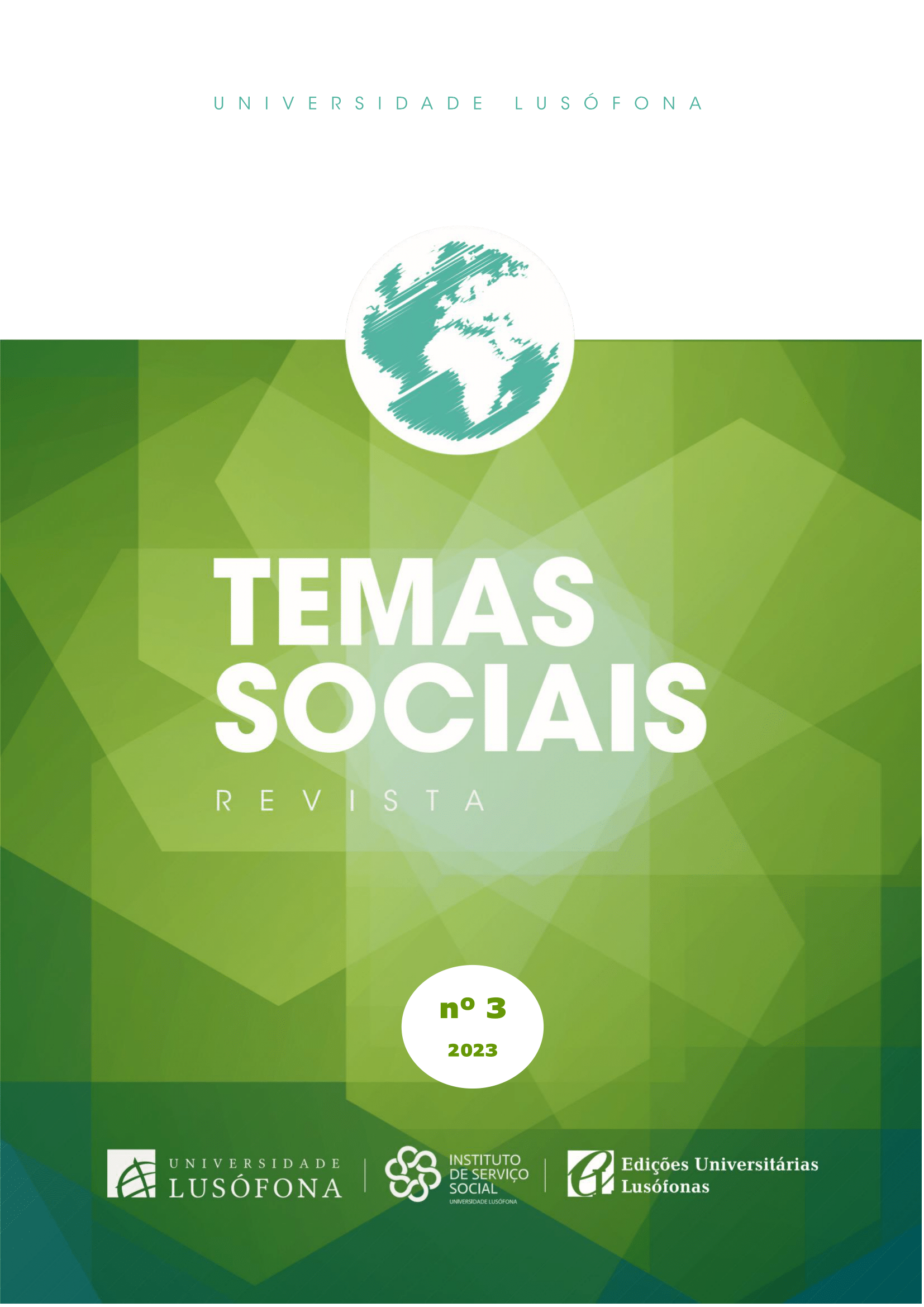Violência doméstica contra as mulheres e as políticas no Brasil e em Portugal nos anos de 2010 a 2020
https://doi.org/10.53809/TS_ISS_2022_n.3_83-98
Abstract
The article inteds to discuss domestic violence against women in Portugal and Brazil, through the analysis of policies and strategies adopted to prevent and solve the problem. This theoretical discussion contributes to the elaboration of effective policies. This article presents the historical-political perspective of the issue, the construction of policies and the actions taken in the last decade. This study is supported by a qualitative documentary method, with a literature, legislation and official documents review. The results indicate that Portugal privilegies protection, prevention, support and prosecution actions. Brazil has a national policy that prioritizes actions to combat and confront domestic violence, assistance, access and guarantee of rights to the victims. In conclusion, the policies of both coutries should include victims of violence to plan strategies and actions, enabling a better dialogue, more autonomy and inclusion of the different groups of women affected by the problem.
Downloads
Open Access Policy:
The Journal facilitates free, open and immediate access to its contents to foster the exchange of knowledge at a global level.
By submitting their work, the author(s) authorise the publication and dissemination of their work and are responsible for its content.
Code of Ethics:
The Journal is a digital tool that enables the dissemination of knowledge in a globalised society where technology, communication and information occupy a prominent place. The publication promotes equal opportunities facilitated by knowledge. To this end, the Journal is committed to the content it publishes, adopting a code of ethics based on the following principles:
1. The texts received must be original, by the author(s) alone and unpublished, i.e. they must not have been previously published, broadcast or sent to another publication.
2. Authors are responsible for requesting any authorisations necessary to publish their texts, with the respective reference to the sources consulted.
3. That organisation must authorise work funded by an organisation to disseminate the results.
4. the plagiarism detection tool in force will review all work received at Universidade Lusófona - Centro Universitário de Lisboa.
5. The articles received will be evaluated by two experts in the field, guaranteeing the anonymity of the author(s) and the evaluators.
6. Papers involving people as the research subject must obtain informed consent from all of them, with strict respect for the confidentiality of personal data and, if necessary, the decision of the Ethics Committee.
7. The list of authors should only include those who contributed intellectually to the work, i.e., who designed and carried out the research, wrote up and analysed the results and approved the final version of the text.



